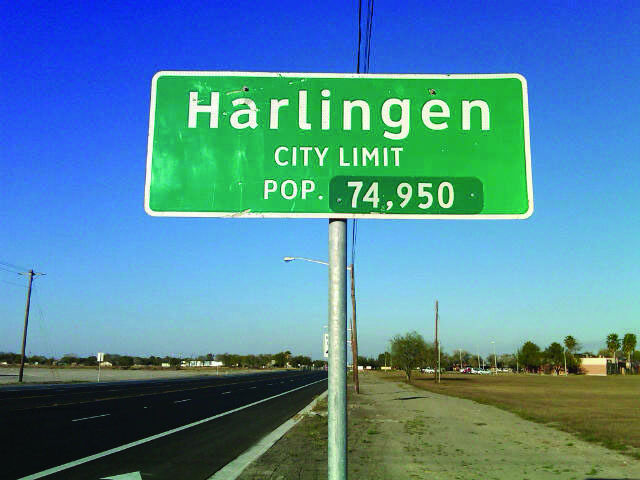HARLINGEN — The Texas 13th Court of Appeals has upheld state District Judge Janet Leal’s decision, ruling against former City Commissioner Robert Leftwich’s challenge to the city’s 4-cent property tax increase two years ago.
In her decision, Justice Clarissa Silva ruled against Leftwich’s claim Mayor Chris Boswell violated the Texas Open Meetings Act while city officials failed to comply with state tax code requirements surrounding the ordinance boosting the tax rate from about 59 cents to about 63 cents per $100 valuation.
On Tuesday, Boswell declined comment.
Meanwhile, Leftwich, who had requested a judge grant a temporary restraining order prohibiting the city from enforcing the tax ordinance, said he might appeal the decision to a higher court.
“Obviously, I’m disappointed,” he said. “We’re not throwing in the towel. All the evidence is on our side. We’re not sure we’re not going to appeal to an appellate court. We might have to go out of the Valley to get away from the political cronyism.”
Leftwich argued City Attorney Ricardo Navarro should pay the more than $40,000 the city incurred in legal fees fighting the lawsuit, claiming the city failed to comply with a new amendment to the Open Meetings Act, effective Sept. 1, 2019 — three days before the previous city commission approved the first reading of the ordinance boosting the tax rate.
“Because the lawsuit fell outside of the scope of defense coverage provided by the city’s risk pool carrier — a not uncommon occurrence with lawsuits — the city was required to pay for its own defense,” Navarro stated. “Here, the risk pool looked at the pleadings and said that they did not trigger defense coverage obligations, so they rejected the claim. Oftentimes, things like declaring an ordinance invalid the risk pool will not defend.”
Open meetings claim
In his lawsuit, Leftwich argued Boswell violated the new amendment to the Open Meetings Act requiring governments to give residents a chance to speak up before issues go to a vote.
However, Silva upheld Leal’s ruling, saying Boswell gave residents a chance to speak up before commissioners voted on the ordinance’s first reading Sept. 4, 2019.
“After a commissioner moved to adopt the ordinance, Boswell asked, ‘Is there any discussion?’ and received no response,” Silva wrote in her Sept. 9 ruling. “Assuming … that Boswell’s call for discussion was not clearly directed to the public, appellant would remain unsuccessful. Because the vote to adopt the ordinances did not occur until Sept. 17, a meeting not alleged to have violated (the law), appellant is not entitled to relief he seeks.”
“At the end of the meeting, the city opened the floor to public comment, calling on those who had signed the citizen communication sign-up sheet,” Silva wrote. “Appellant had signed his name on the sign-up sheet but left the meeting prior to the citizen comment portion of the meeting.”
Tax code process
As part of the case, Leftwich argued the commission’s vote was void because officials failed to properly follow the state tax code’s process.
In her decision, Silva ruled the city properly published notices informing residents of public hearings leading up to the commission’s votes on the proposed tax rate increase.
“The location of a meeting may be sufficient without including the full street address, name of the city or meeting room, so long as the notice sufficiently apprises the plaintiffs of the location,” she wrote.
The tax code requires state governments adopt tax rates within 14 days of their final public hearing into the proposals, Ron Lozano, the attorney representing Leftwich, argued, claiming commissioners cast their final vote after the 14-day period had expired.
However, Silva ruled the city complied with the required time frame.
“The city was required to hold a meeting to vote on the tax ordinances not “earlier than the third day or later than the [fourteenth] day after the date of the second public hearing,” she wrote.
“The second meeting was held on August 21. As such, the earliest the city could have held the meeting to vote on the ordinance was Aug. 24 while the latest was Sept. 4. However, any failure to do so only requires the city to post additional notice. Because the city was already exempt from the notice requirements, any failure to vote within the prescribed time frame is harmless.”




